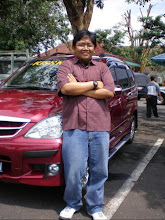Puppets that had spun such fanciful tales were no longer believed when they tried to teach the children words for unfamiliar objects and actions. But faced with puppets who had given them reliable information — calling a cup a cup, for example — the children were much more accepting.
“Humans make mistakes,” Susan A. J. Birch of the University of British Columbia and colleagues write in the current issue of the journal Cognition. “They trick; they lie; they have different levels of knowledge and different areas of expertise; and they offer information even when they are uncertain.”
The challenge for the child is figuring out whom to believe, and the study suggests that this process starts early and without prompting by adults.
For the study, two puppets gave the children accurate or inaccurate information about everyday objects the children already knew. When the children were then shown objects they did not recognize and given different made-up names for them or explanations for their use, they responded to the names used by the puppet who had been right earlier.

